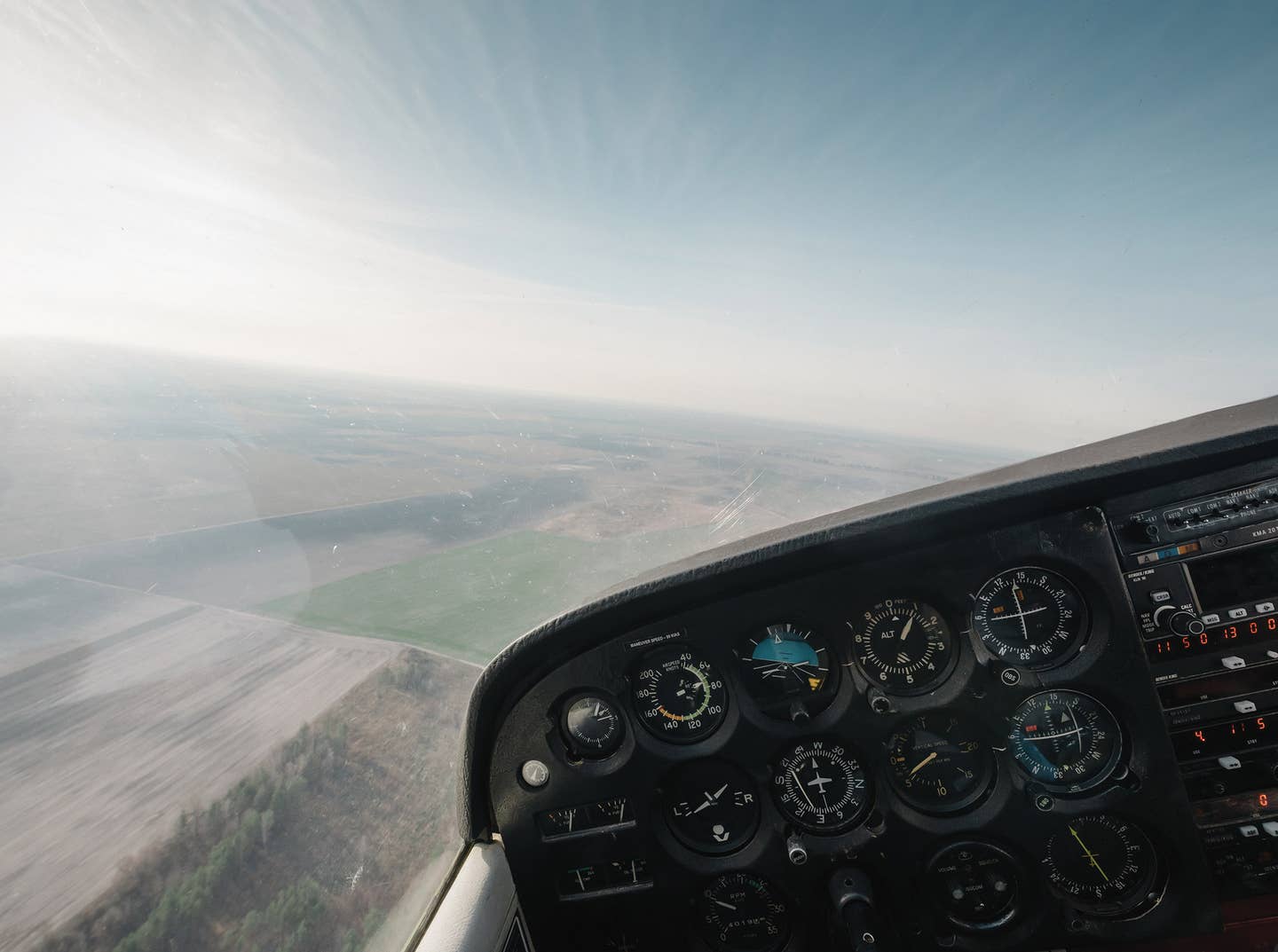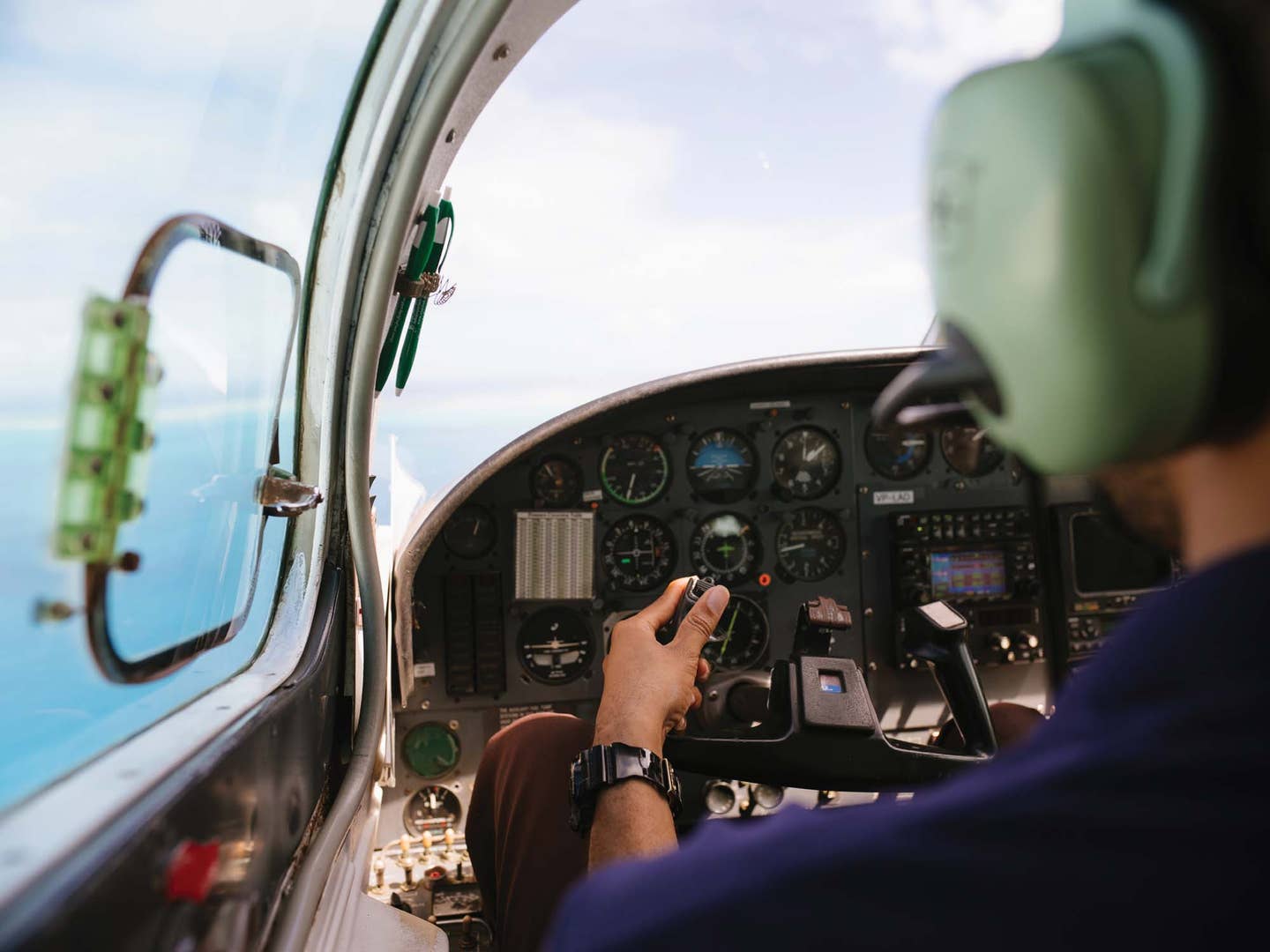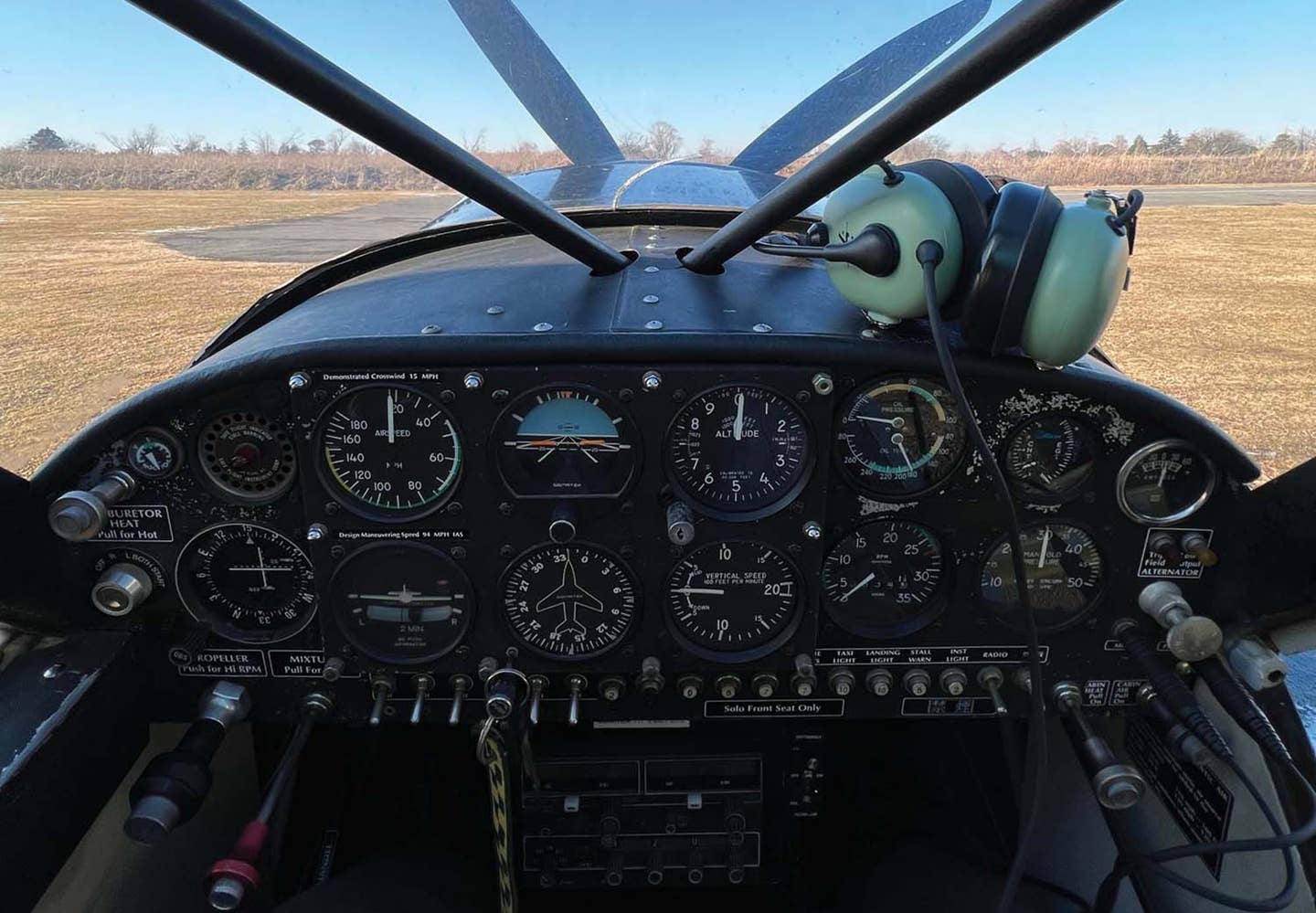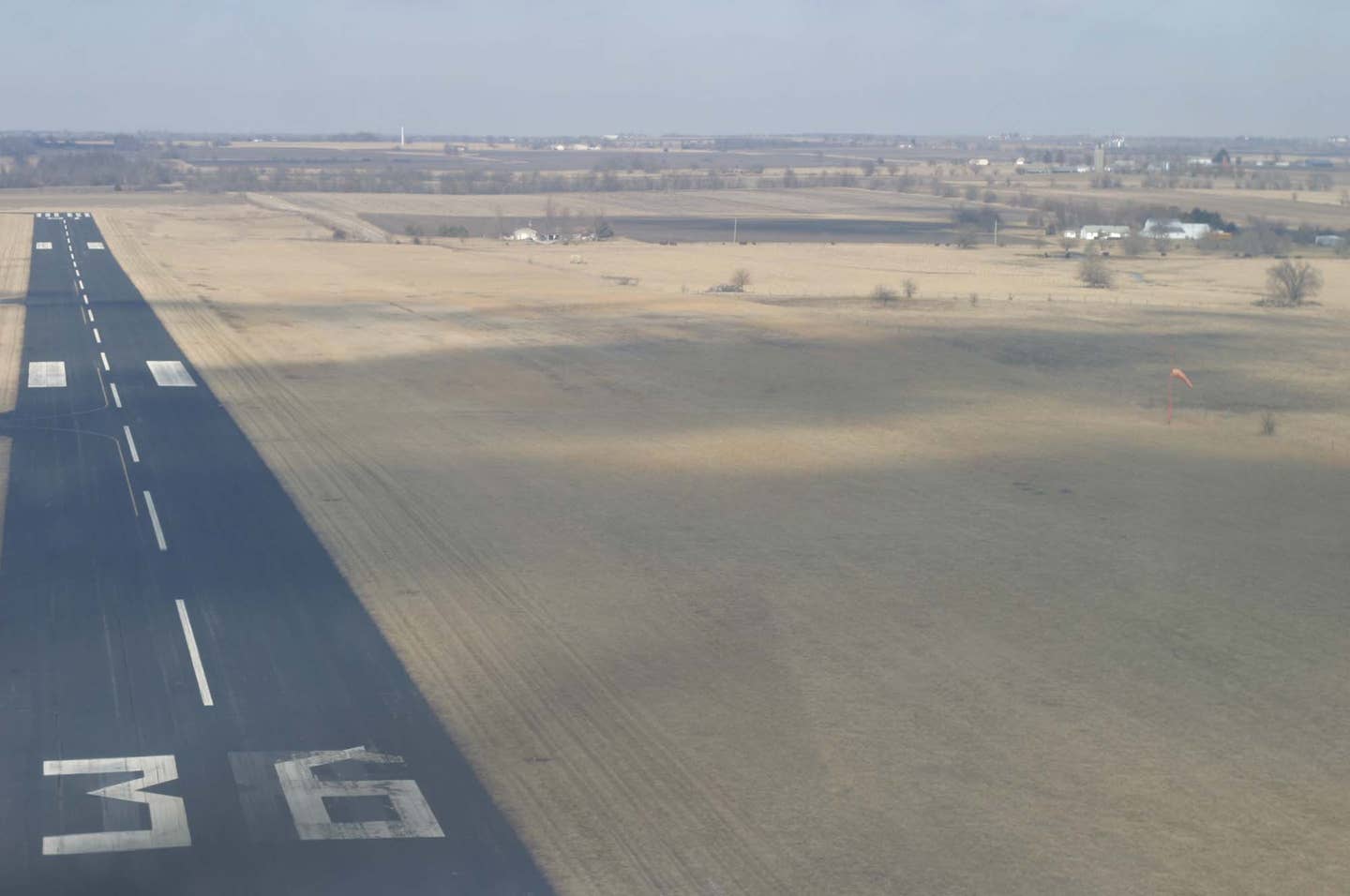In Defense of Young Instructors
During any gathering of older pilots, often including a few non-practicing certified flight instructors, the current state of pilot training frequently comes up. “Them kids teaching students today don’t know…
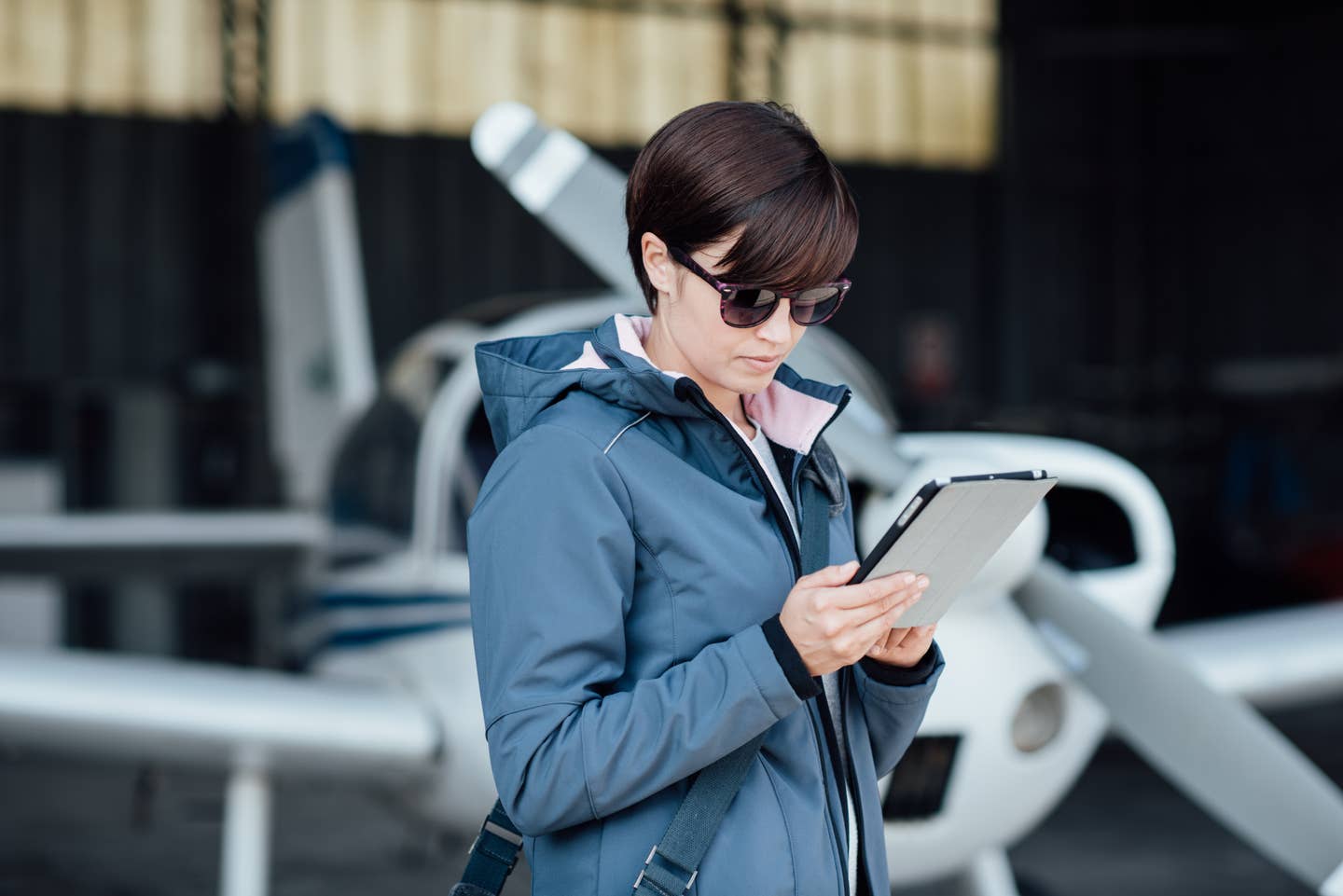
Younger CFIs can have a lot to offer. [image: Adobe Stock/stokkete]
During any gathering of older pilots, often including a few non-practicing certified flight instructors, the current state of pilot training frequently comes up. “Them kids teaching students today don't know sheep from shingles. Why, they were students themselves a couple of years ago. All they know is to follow a pink line on the screen.”
Is it really all that bad? Are most flight instructors wet behind the ears, riding with student pilots to build hours on a fast track to an airline seat?
Are we truly in a cycle of the blind leading the blind, staffed by beginner CFIs now training students after they were themselves taught by young instructors with limited experience?
I don't necessarily agree with all the woe-is-us, doom-and-gloom assessments. I started teaching primary flying when I'd been a pilot for only a bit over four years. In that time, I'd accumulated a few hundred hours of flying time, made some venturesome trips, flown a dozen different planes and picked up some wisdom from older aviators. I knew quite a bit more than the ab initio beginners I introduced to flying, and I was willing to share it with them. I think I did a decent job.
It's unfair to apply a coat of tar to all young CFIs with the broad brush of exalted experience. The fact is, their youth, in the sense of only recently becoming rated, can bequeath certain advantages. Such an instructor can still remember what it was like to enter a cockpit filled with unfamiliar gadgetry titled by strange names, and how fear and physical discomfort sometimes interfered with the wonderment of flight. Such empathy lends itself to reassuring “I know what you're thinking” conversations.
The just-trained CFI is more likely to be up to date on the latest procedures and requirements, having just taken several check rides in recent memory. Compared with an old set-in-his-ways senior instructor, that youngster is more likely to know how it's supposed to be done. Without the hampering of irrelevant experience, such a fresh-face instructor can focus on the way things have to be done today.
Certainly, it's highly worthwhile to have an experienced instructor evaluate the tyro CFI's product now and then. That doesn't mean all the training done by less-experienced CFIs is of lesser quality; a second opinion simply reinforces those hours. After all, to teach, I was once told, the teacher just has to be one chapter ahead of the student.
The important ingredient that's often missing in today's mixture is a desire by the CFI to do the best job they can, while they have that opportunity to instill knowledge. If their main motivation is to watch the hour-meter click over, advancing their hire-ability, there will indeed be nothing but box-checking accomplished. Throughout my several careers, I've always tried to be the best I could be at whatever I was hired to do, even if that was nothing more than showing up on time. As a CFI, I wanted to advance each student's knowledge to match my own, sharing what I already knew.
So, if the young CFI has a sincere desire to help someone achieve their dream of flight, and is willing to learn from older instructors and pilots, he or she will produce as good a pilot graduate as an older CFI. It's not fair to write them off as incompetent just because haven't logged the first thousand hours.

Subscribe to Our Newsletter
Get the latest Plane & Pilot Magazine stories delivered directly to your inbox

